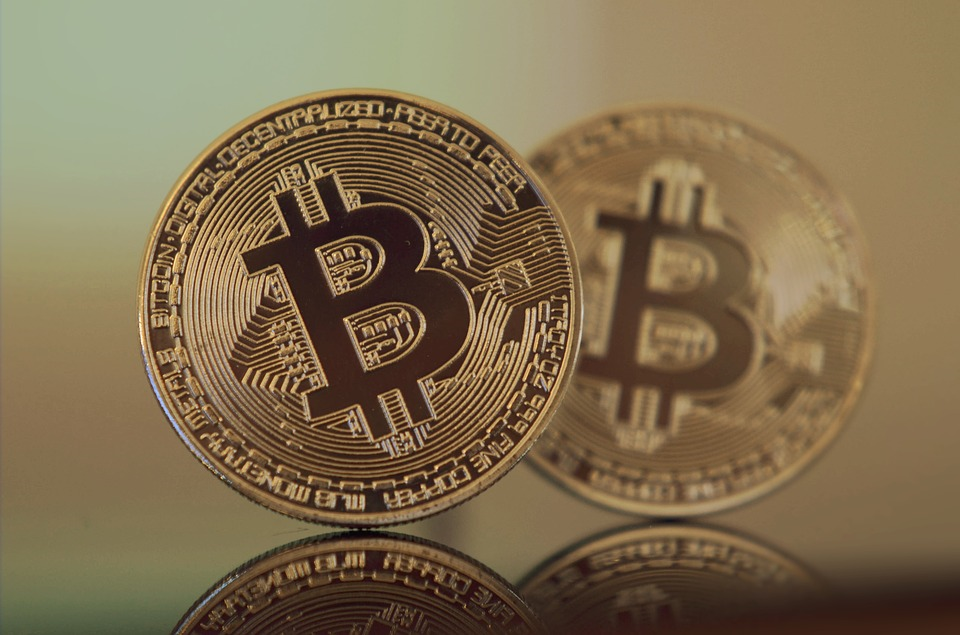El Salvador Adds 150 More Bitcoin Amid Recent Corrections, Installs 200 BTC ATMs

Bitcoin, the world's largest cryptocurrency, has entered strong correction amid broader market correction in the crypto space. It slipped over 8.56% in the past 24 hours and has tanked under $44,000 as of writing this story. The market cap of the cryptocurrency has withheld $809.343 billion with over $90 billion eroded in the last 24-hours.
Seeing an opportunity here, El Salvador's government invested over $6.7 million to 'buy the dip'. Today President Nayib Bukele wrote on Twitter, "We just bought the dip. 150 new coins! El Salvador now holds 700 coins." The nation now holds on to $32 million worth of Bitcoin as a result. As his "presidential advice", he conveys the belief that, "They can never beat you if you buy the dips."
Notwithstanding warnings from global agencies regarding the adoption of BTC, El Salvador became the first-ever nation to recognize Bitcoin as legal tender. It has installed over 200 Bitcoin ATMs, further boosting its effort to make bitcoin a more prominent part of the economy.
Currently, El Salvador accommodates 0.7% of all bitcoin ATMs worldwide, ranking it the third-largest holder, only to be behind by the U.S. and Canada. In a survey comparison, the U.S. leads with 86.4%, and Canada has 6.6% of all the world's BTC ATM's.
In efforts to continue to boost its economy through the novel crypto, El Salvador has also released a digital wallet called Chivo to make transactions more seamless. Nevertheless, despite these additions to the system, the shift isn't readily accepted. Reports of ATMs being destroyed by setting them on fire as citizens oppose the government for numerous design flaws.
The main issue the citizens have with bitcoin is the wild volatility associated with the asset. For instance, few citizens have brought notice to salary payments, which could be widely influenced negatively. Few groups have also criticized President Bukele severely for "forcing" Bitcoin on the people. However, President Bukele has asserted that bitcoin use will be voluntary, which has slightly relieved critics.
Apart from objections against the government by the citizens, credit rating agency Standard and Poor's Global declared that the adoption "has immediate negative implications" for the country's credit rating. Individually, the IMF and World Bank have expressed their displeasure, alleging it could even result in economic risks. It may hurt El Salvador's chances of securing a $1 billion loan agreement from the IMF.
Even with all these controversies, the optimistic president hopes to draw entrepreneurs and investors. He has declared that foreigners would be exempt from capital gains tax on their bitcoin profits.
The government's choice to adopt Bitcoin as legal tender is not free of problems. The long-term effects of making bitcoin legal tender will only be visible over the coming years.


